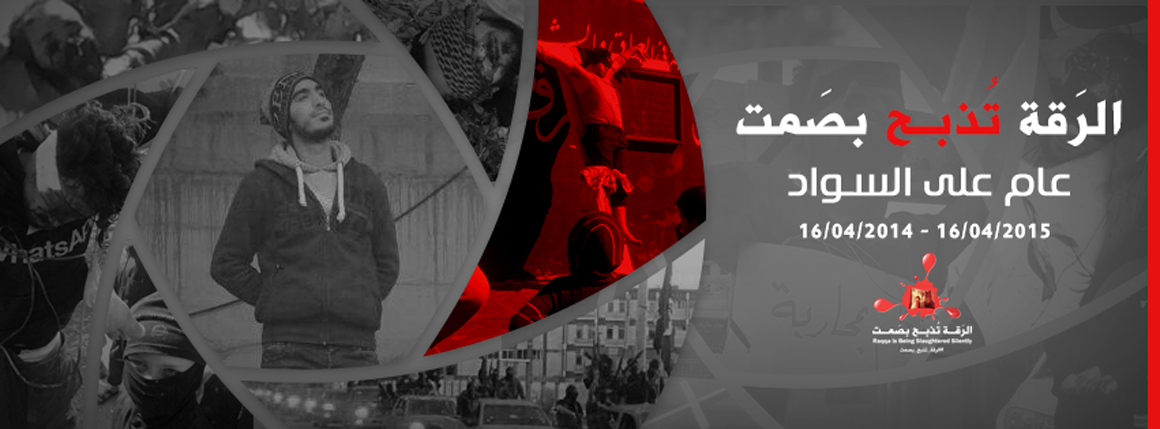Just a few weeks ago, a Brit who was head of the ISIS cyber-hacking team was killed by a drone. Without much news or fanfare, there is coordination and key reasons why some are targets while others are not. Such is the case with Junaid Hussain.

Hussain Junaid posts on Twitter, was not just words, they were messages to ISIS fighters around the world, giving them orders on how to move against the targets. His job was not only to send encrypted messages, but he was one of the largest financiers of ISIS through hacking bank accounts and stealing its money for ISIS.
Junaid Hussein AKA British nicknamed Abu Hussein, is of Pakistani origin, He was a young man in his 20’s who descended from the British city of Birmingham. He was a former detainee, arrested in 2012 after stealing private information from the Internet and hacking British ex Prime Minister Tony Blair account.
Hussain posted in the past several Tweets that preceded ISIS operations in Europe and America, and adopted few minutes after they have occurred, as happened on the 3rd of May when the attack on the Prophet Muhammad exhibition in Texas.
The Independent British newspaper, revealed that “Abu Hussein” is responsible for the deployment ISIS ideas in his homeland «Britain» and all Western countries, through posting jihadi slogans constantly online specially on social networking sites, like saying: “someday ISIS flag will be held over Downing Street and the White House.”
Hussain was also responsible of the training of electronic army of ISIS, in order to expand their activity in the cyberspace and gain new financial resources.
His first lesson given to his trainees was t hacking Central Command of the US Army social networking site “Twitter”, and video sharing site on the Internet, “YouTube”, in January 2015.
The hackers published tweets though the hacked accounts declaring that the electronic Khilafa was responsible for the attack, and sent messages to the American soldiers. Also, they published lists of names of ISIS commanders includes personal information.
Hussain was known to have high capability of changing his position and hide well, to escape the coalition air strikes. He used to move very carefully with 4 cars, each going to a different place. He didn’t spend more than 6 hours in one place, and stayed underground.
All this didn’t allow him to stay alive serving ISIS, because the coalition forces managed yesterday to kill him after attacking a group of cars near Abu Al Haif gas station in the city of Raqqa. According to our correspondent in the city ”The air forces targeted a car near the gas station, which killed 3 people, one of them is a high profile”. They our source confirmed that the person who died is in fact Junaid Al Hussain, with two of his men, one of them is European.
ISIS has not declared His death, despite all the services he provided to them. Rumors inside Al Raqqa says that Hussain managed to get ISIS a huge amount of money, through hacking, but yet, no statements from ISIS were issued to announce his death.
ISIS hackers violated top secret British Government emails
According to an investigation by the GCHQ intelligence agency ISIS hackers targeted information held by some of David Cameron’s most senior ministers.
The investigation conducted by the GCHQ allowed the British intelligence to uncover a serious breach, terrorists linked to the ISIS have been targeting email accounts held by some of David Cameron’s most senior ministers, including the Home Secretary Theresa May.
The hack could have exposed confidential information related to the British Government and members of the Royal family, at the Time I’m writing there aren’s information related to the data accessed by the ISIS hackers.
“It is understood that at least one of the plot’s ringleaders was killed by a drone strike in an operation disclosed by the Prime Minister this week.” reported the Mirror.
The news doesn’t surprise media, Government entities, politicians and military organizations are privileged targets for the ISIS sympathizers that use the web for intelligence gathering on potential targets. In May Pro-Isis Hackers belonging to Cyber Caliphate hacking team threaten ‘Electronic War’ on US and Europe.
In May, GCHQ warned Whitehall security officials about ISIS plans to attack British targets.
Although no security breach occurred to the Government email systems, officials were told to tighten security procedures.
The Mirror makes explicit reference to the “changing passwords,” not referring the adoption of further defense mechanisms to protect the email accounts, such as two-factor authentication.
Unfortunately, the ISIS is continuing ti develop its cyber capabilities, in the past they demonstrated a mastery of technology for both propaganda and hacking purposes. In June, ISIS supporters were spreading online a collection of tutorial titled the Book of Terror to teach how Hack a Wi-FI network and which are main spying tools.
Among the group of hackers that claim to be affiliated with the ISIS there is a collective of hackers calling themselves the “Islamic State’s Defenders in the Internet,” also known as Cyber Caliphate. The group, which was involved in the hijacking of social media accounts belonging to the US CENTCOM, released a propaganda video threatening cyber attacks anticipating the operation of the terrorists in the Internet.
At the end of August, one of the most popular ISIS hackers, Junaid Hussain, was killed in a US targeted air strike in Syria. The hacker was actively recruiting ISIS sympathizers and according to the British intelligence he directed a plot to kill the Queen.




